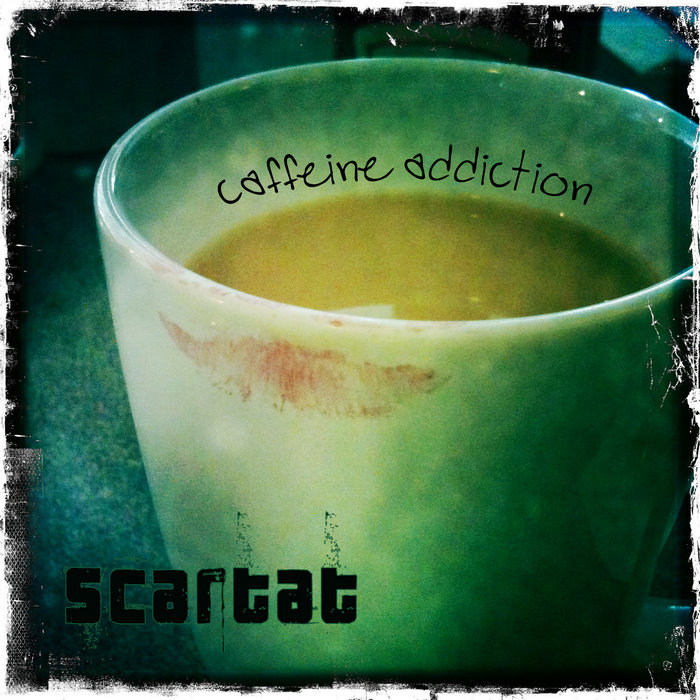The Ultimate Guide To Should Caffeine Be Allowed In Recovery?


Overcome Caffeine Addiction - Hypnosis Downloads
How Are We All Addicted to Caffeine? - Found Here for Science and Society can Save You Time, Stress, and Money.
Symptoms can last approximately 9 days. Although some professionals think routine use of Caffeine is thought about more of a routine than a dependency, the truth that it shares meaningful symptoms with other addicting compounds has caused more research. One report found that a substantial amount of users establish symptoms often utilized by clinicians to detect dependency, such as: Continued usage in spite of harm A consistent desire, without effective efforts, to control use Withdrawal signs when abstaining No longer getting involved in previously taken pleasure in activities Do something about it & empower yourself Call now to be linked to a thoughtful treatment service provider.

OPINION: Caffeine dependence detracts from college students' mental and physical health - The Student Life
Specific people need to entirely prevent the compound as it can worsen anxiety, worsen sleeping disorders, and cause heart issues. The threat of dependency, like with any compound, is affected by numerous aspects and can vary from person to individual. If an individual has trouble limiting their Caffeine consumption, or experiences withdrawal signs, they are most likely dependent and must talk with their physician about cutting back on usage or eliminating usage entirely.

CAFFEINE ADDICTION RECOVERY MONTH --October 2021 - National Today
What are you dealing with? There are lots of various kinds of dependency. Get the information you require to assist you overcome yours. right.

Cure Your Caffeine Addiction Without Withdrawal Symptoms Fundamentals Explained
Research studies recommend that people in recovery from a compound use condition consume a lot of coffee. One research study discovered that while about 64 percent of Americans consume coffee every day, about 89 percent of individuals in healing drink coffee every day. That's a significant difference. For many people, a cup or 2 of coffee in the early morning doesn't do any damage and research studies suggest there are even some moderate health benefits to moderate coffee intake.
There are a number of factors for this. One is that caffeine can make you nervous and tense and raise your heart rate and blood pressure. People starting in recovery frequently feel nervous or irritable, in some cases for months, as their brain chemistry rebalances. It's common, especially amongst individuals recuperating from alcohol, opioid, and benzodiazepine utilize to have low levels of the inhibitory neurotransmitter GABA, and this makes it tough to unwind.
Many individuals with compound use conditions also have co-occurring anxiety disorders, such as generalized anxiety disorder, social anxiety disorder, or trauma. When you're trying to get a stress and anxiety disorder under control, consuming a number of cups of a main nerve system stimulant isn't extremely handy. Lastly, caffeine might aggravate insomnia.
